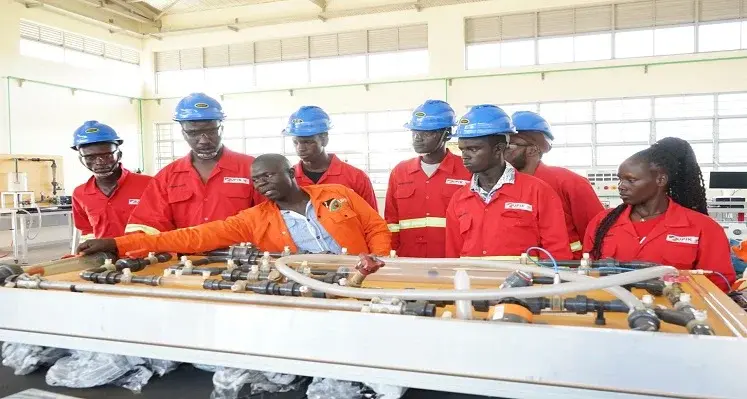The Economic and National Content Monitoring wing of the Petroleum Authority of Uganda (PAU) has organised a conference themed, 'Linkages: Leveraging Uganda’s Oil and Gas Sector with Other Sectors of the Economy to Enhance Broad-based Economic Growth and Development'
In a unique step, the organisation is considering leveraging the oil and gas sector to develop other industries of the country such as agriculture, health, housing, tourism and the financial services sectors, among others.
PAU believes that the development of sectoral linkages would not only allow maximisation of national content in the oil and gas sector, but also diversify the country's economy in a whole. The approach will help sustain the infrastructure even post completion of oil and gas activities.
The organisation has currently adopted 'national content' initiatives at a project level, and is acting upon the amount of project expenditure that will be retained in the country.
Uganda's oil and gas sector is expected to attract US$20bn before the country gears up for production for the first time in 2025. The investment is predominantly in developing infrastructure like refining and pipelines to name a few, and these are driving employment for Ugandans.
"There are many expected indirect effects of the oil investments on the mainstream (non-oil) Gross Domestic Product (GDP) through the creation of linkages with other sectors of the economy like agriculture, health, tourism, housing and transport, among others. Studies have shown that every US$1 directly invested in the oil and gas sector is expected to yield indirect GDP growth of US$0.6. Therefore, out of the US$20bn a direct investment of US$14bn (29% of Uganda’s current GDP estimated at US$48bn) in the three projects for which the Final Investment Decision has been undertaken is expected to yield indirect growth of the GDP by US$8.5bn (18% of GDP) by the time first oil is achieved. This will be in addition to close to US$5.6bn (40% of US$14bn) which is expected through the fulfilment of national content requirements," said Peninah Aheebwa, director, Economic and National Content Monitoring, PAU.








